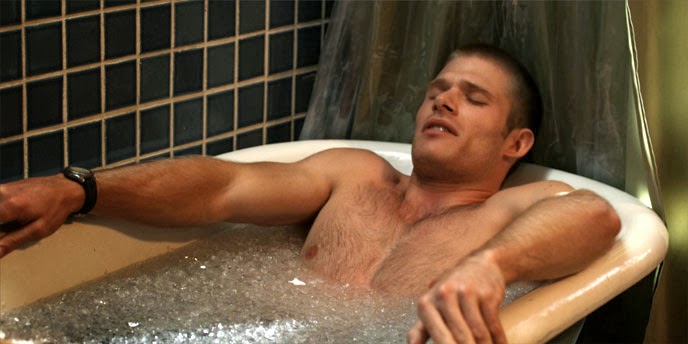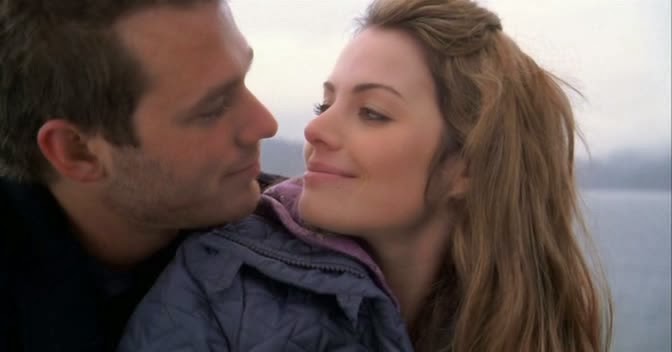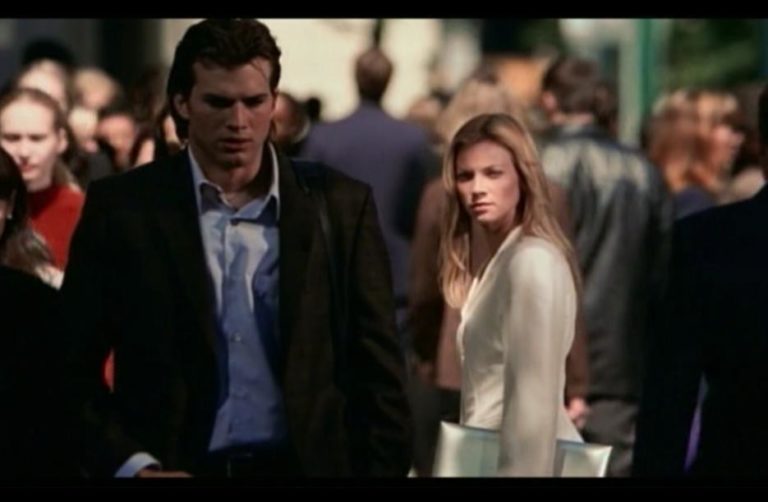Welcome back to the third and final part of The Butterfly Effect retrospective! You’ll probably notice that this...
Month: February 2014
Despite a very mixed reception, The Butterfly Effect made enough money for New Line Cinema to warrant a...
Welcome back good readers as we begin a new retrospectives series! If you want to check out...
I know I said I had a firm deadline of February 4th for the next retrospective series,...



